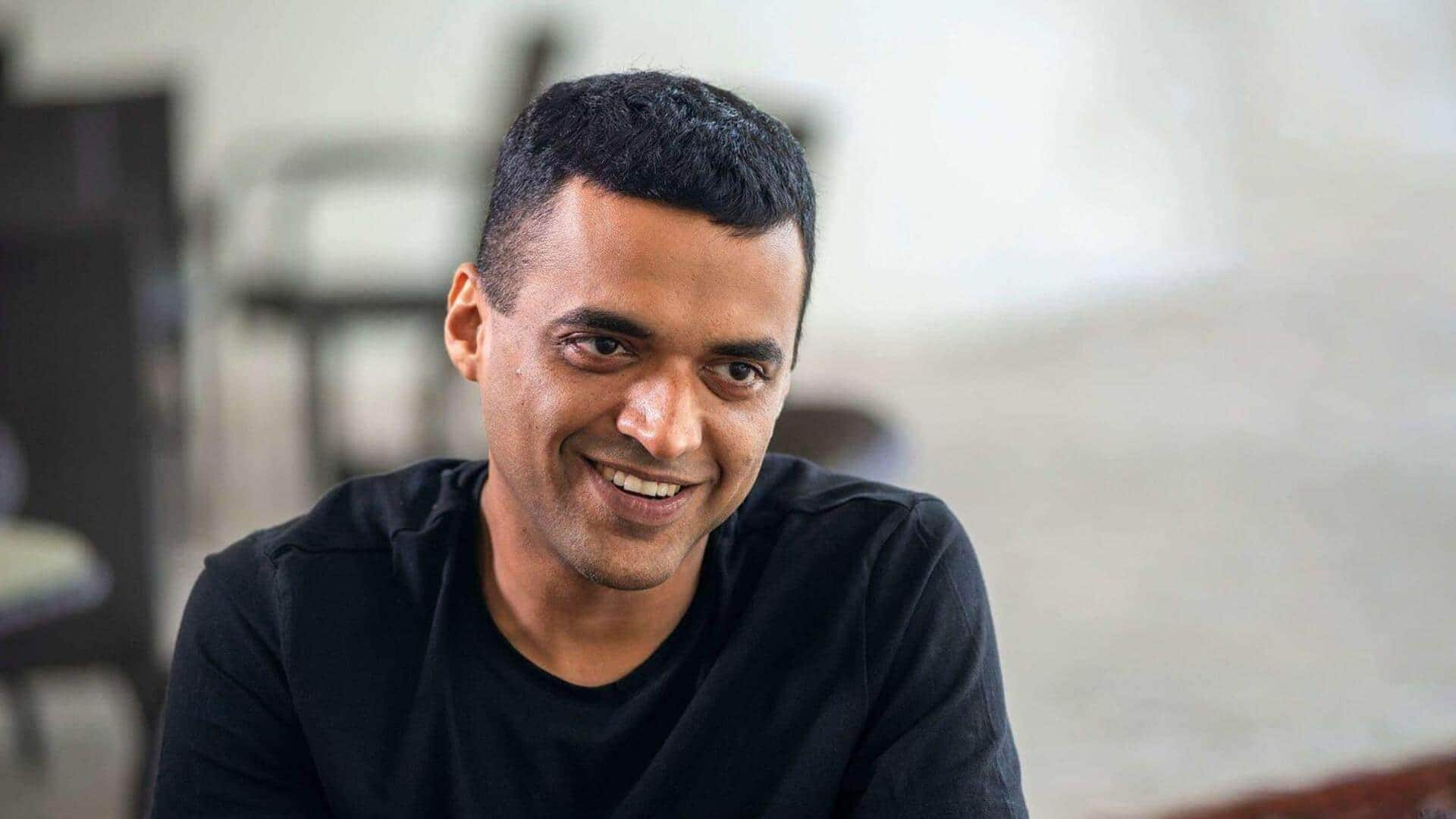
Could gravity be aging us? Zomato's Deepinder Goyal thinks so
What's the story
Deepinder Goyal, the billionaire entrepreneur behind Zomato, has proposed a new scientific hypothesis to explain aging. Through his newly launched longevity research initiative 'Continue Research,' Goyal is exploring what he calls the Gravity Aging Hypothesis. It argues that the constant pull of gravity on blood circulation, particularly to the brain, may be an overlooked factor contributing to age-related decline over time.
Mechanism
How gravity affects blood flow to the brain
The hypothesis posits that since the brain is located above the heart, remaining upright for most of our lives means gravity continuously pulls blood away from it. This could lead to a decrease in cerebral blood flow (CBF) by as much as 17%. Over decades, Continue argues, this reduced supply could gradually weaken two critical areas of the brain: hypothalamus and brainstem. Their decline may trigger several age-related processes.
Connection
CBF decline: A potential link to gravity
CBF is already known to decline by 20-40% between the ages of 20 and 80. But Continue suggests this may not just be a passive effect of age. The hypothesis proposes that gravity's impact on circulation could be a root cause of this reduction, a connection not yet explored in scientific literature.
Research history
Previous studies on gravity and aging
Previous studies linking gravity to aging have largely stemmed from space research. NASA and other space science programs have documented how microgravity affects the body, leading to bone loss, muscle atrophy, cardiovascular changes, and immune system shifts. These effects resemble accelerated aging but stop short of examining Earth's own 1G gravity's impact on humans over a lifetime.
Hypothesis
Continue's hypothesis and nature's patterns
Continue's spokesperson told CNBC-TV18 that existing studies have focused on microgravity and its effects on aging, but not Earth's gravity. The team also cites patterns in nature to support their hypothesis. Species like bats that spend long periods inverted have unusually long lifespans relative to body size. Other lifespan outliers such as sloths and flamingos also spend long periods with their brains below their hearts, hinting at gravity as a potential factor behind these species-level longevity exceptions.
Insights
Goyal's insights on gravity and health phenomena
Sharing some excerpts from the note, Goyal said the hypothesis opens a world of questions. He suggested that several long-standing health phenomena may need to be reconsidered through a vascular lens. He wondered if exercise benefits could simply be due to temporarily improving the body's "hydraulic system," or if Alzheimer's involves a vascular component that unfolds too slowly to notice.
Device
Continue's experimental device and findings
Continue conducted preliminary studies using a new experimental device developed in-house. The device continuously measures total blood flow to the brain and was used to record the effects of different postures and activities. Using this tool, Continue found that yoga-based active inversions increased CBF by 13.3%, while passive inversions with commercial inversion tables raised it by 20.2%. Continue Research says it is now commissioning additional scientific studies across global labs to further test and validate the hypothesis.